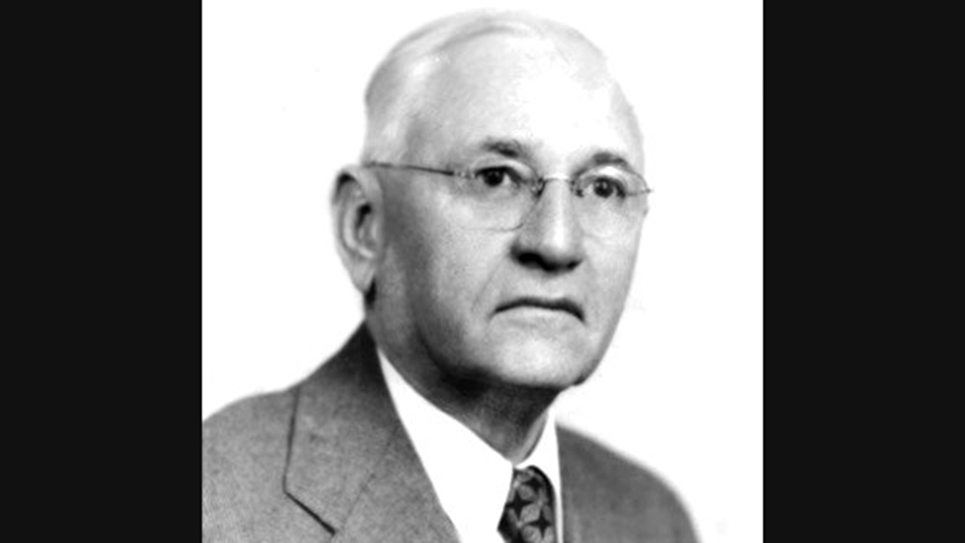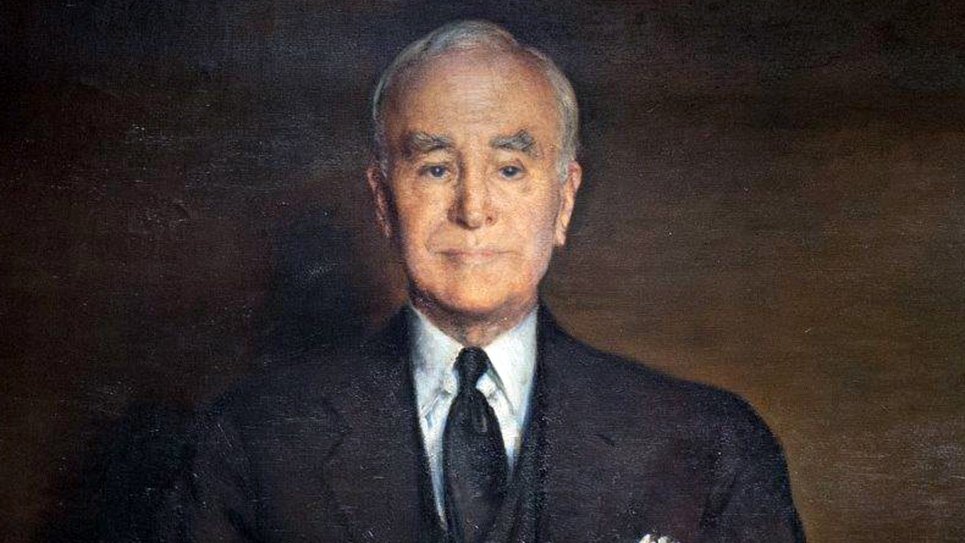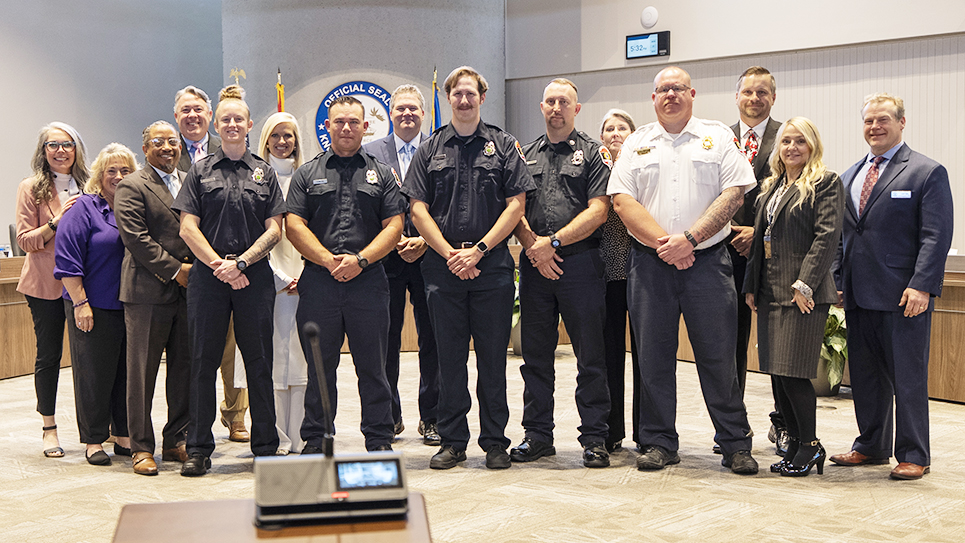Joseph Rosier was an unlikely United States senator and only reached that body because of his personal friendship with Matthew Neely. Matthew Mansfield Neely held sway for decades as both a perennial candidate for public office and unlike most perennial candidates, he was usually a perennial winner. Neely was also the most powerful individual and Democrat in West Virginia after the Mountain State had gone from being dominated by Republicans to becoming devoutly Democratic in its voting habits. The people of West Virginia had endured more than most during the hardships and sufferings inflicted upon the American people during the Great Depression. While there had always been a core of Democratic voters, the arrival of the Depression and Franklin Delano Roosevelt changed the political nature of the state.
Joseph Rosier was at the heart of a controversy that had to be decided by the United States Senate itself. While West Virginia had become a Democratic state, it had been seriously divided into two warring factions. Matt Neely headed the “federal” faction, which was heavily supported by organized labor, one of the most important and potent political forces in the state. The other faction was the “statehouse” faction, usually headed by the governor. H. Guy Kump had been elected governor in 1932 and left office (West Virginia governors could not then seek a second consecutive term) highly regarded for his response to the Depression and was personally popular. Kump’s successor was Homer Holt, who had been West Virginia’s elected state attorney general. Both Kump and Holt were considered more conservative than Neely and his federal faction. Neely largely controlled the vast political patronage that flowed into the state through the New Deal. Likewise, Governors Kump and Holt controlled the substantial political jobs held by the state government. By 1940, Neely was openly seeking a candidate to support for the Democratic nomination for governor.
Matthew Mansfield Neely enjoyed a remarkable political career and frequently lost one office, only to come back and win another in the next election cycle. Neely had served in Congress until being swept out of office in the 1920 GOP tidal wave. Two years later, Neely ousted GOP United States Senator Howard Sutherland. In 1928, Neely was beaten by Governor Henry D. Hatfield for reelection to the Senate. Two years later, Neely ran for and won West Virginia’s other seat in the United States Senate by the largest majority ever given to any candidate for the Senate in the Mountain State.
When the statehouse faction attempted to impose its own candidate in the 1934 Democratic primary for the U.S. Senate, Neely responded by backing his own candidate, Rush D. Holt, a twenty-nine-year-old state legislator who was almost entirely unknown. With Neely’s support came the backing of the powerful United Mine Worker’s Union. Holt won the nomination and defeated Senator Hatfield in the general election. Holt had to wait six months to take office, as he had not yet turned thirty, the minimum age required by the Constitution. Subsequently, Neely was easily reelected in 1936.
The friendship between Neely and his protégé quickly soured and was replaced by a bitter enmity between the two men. One of the nicer things Neely said about his junior colleague was to refer to him as a “sewer rat.” Senator Neely backed a local judge, Harley Kilgore, against Holt, while the statehouse faction strongly supported the candidacy of former governor Guy Kump for the Democratic nomination for the Senate. Several prospective gubernatorial candidates presented themselves to Neely for consideration as the federal faction’s backing to become governor and each was summarily rejected by the senator. Eventually, Neely announced he would run himself.
Neely won the gubernatorial nomination of his party while Harley Kilgore won the senatorial nomination. Both were easy winners in the 1940 general election. That was when things got really interesting. Neely had to resign his seat in the United States Senate to become governor of West Virginia. Both the incoming and outgoing governors of the state-appointed men to serve the state in the U. S. Senate.
Outgoing Governor Homer Holt appointed Clarence E. Martin, a prominent attorney and one-time president of the American Bar Association, a moment after midnight. Matthew Neely took the oath of office as governor three times in order to stake his own claim to the right to name his own successor in the Senate. Neely appointed Dr. Joseph Rosier.
Rosier was a professional educator and lived in the same town of Fairmont as Matthew Neely. At the time of his appointment, Rosier was the president of the Fairmont State Teacher’s College. In his chosen profession, Rosier was described as a “teacher’s teacher.” Rosier knew Matt Neely quite well and for a time, Rosier served as an education consultant to the Works Progress Administration, an appointment almost certainly secured for him by Senator Neely.
As colorful as Matt Neely was, so was Joseph Rosier colorless. Rosier looked like a teacher, modestly attired with glasses and his white hair neatly combed. Neely was known for his powerful and flowery oratory on the campaign stump, while Rosier was not known for regaling audiences with his own speech-making prowess. Throughout West Virginia’s history, senatorial appointees had little luck staying in office. Yet just about nobody in West Virginia thought for a moment Joseph Rosier would be a candidate to succeed himself in the 1942 election. It was an open secret Matthew Neely intended to run for his old seat in the United States Senate after he had fired all of the old statehouse crowd and replaced them with his own followers. Rosier was to be a placeholder, a distinguished and credible one, but a placeholder nonetheless.
First, Rosier had to win the pitched battle being fought inside the U.S. Senate to be seated. The Senate is the sole determiner of its own membership, and an intense fight was waged over whether Rosier or Clarence Martin was entitled to hold the seat. The Roosevelt administration quietly worked hard behind the scenes to push for Rosier to be seated, as the college president was known to be a strong supporter of the president and his policies. Likewise, the Roosevelt administration feared the seating of Clarence Martin, who was almost surely far more conservative in his political outlook despite being a Democrat.
Eventually, the Senate voted only narrowly to seat Rosier instead of Martin by a vote of 40-38. Rosier was given a leave of absence by the Fairmont State Teacher’s College to serve in the United States Senate. Rosier took the oath of office from Vice President Henry A. Wallace, who also served as the Senate’s presiding officer. Matthew Neely came from the governor’s mansion in Charleston to the Senate to watch Rosier take the oath of office.
Once seated by the Senate, Rosier was assigned to the committee where he could likely do the most good: the Education and Labor Committee. When George S. Benson, president of Harding College in Searcy, Arkansas, appeared before that committee to appeal for the abolition and dissolution of the Works Progress Administration and the Civilian Conservation Corps, it was Senator Rosier who promptly challenged his fellow college president’s testimony. Rosier questioned Benson’s “ethics” and snapped, “We have a right to challenge your motives!” Senator Rosier wondered why Benson would request funding from the National Youth Administration when he didn’t believe in the program. Benson retorted he believed in the government providing aid to education but thought all available funds should be used to win the war. The twenty students attending Harding College who were part of the NYA had written to WPA Director Aubrey Williams they were willing to turn over funds to help with the war effort. Williams had said it was not possible.
Senator Elbert Thomas of Utah, chairman of the Senate’s Education and Labor Committee, posed the question should the government have spent money to educate General Douglas MacArthur at West Point. Senator Rosier pointed out Dr. George Benson did not belong to the professional educational organization of which he had long been a member.
“From personal experience and observation,” Benson said, “I know that NYA and the CCC are financially wasteful. They are retaining a large number of bureaucrats needed in other fields. They contribute to the shortage of manpower by duplication of work offered in our regular school system.”
That was the same attitude held by the sponsor of the legislation to dissolve the CCC and NYA, Tennessee’s senior United States Senator Kenneth McKellar. McKellar had been one of the New Deal’s strongest supporters inside the Senate, but with the war raging globally, the Tennessean believed both organizations had served their purpose to help provide jobs and opportunities for young people during the Depression. With young men needed as soldiers, pilots and seamen and young women needed as factory workers and support personnel for numerous agencies and entities, the need for the NYA and the CCC was far less, McKellar reasoned.
Nobody was surprised when West Virginia Governor Matthew M. Neely announced in 1942 he was running to return to the United States Senate. There would be two elections for the same seat in the Senate; the first being for the full six-year term beginning January 3, 1943; and the short term, to fill the remainder of the term from the November election through January 3, 1943. Dr. Joseph Rosier declared his own candidacy to continue serving in the Senate seat to which he had been appointed by Governor Neely.
1942 was likely the darkest time of the Second World War for the Allies fighting against Germany, Japan and Italy, who comprised the Axis powers. The Allies reeled from defeat after disappointment. The war caused intense anxiety for just about everyone with the flower of America’s youth and manhood fighting all over the world. Parents worried about their sons and daughters, while wives and children had their own anxiety about their husbands and fathers. At home, everything was dedicated to winning the war and sacrifices were made on the part of the public with rationing of goods and soon certain items became scarce; items ranging from silk hosiery to tires for automobiles became as rare as hen’s teeth. Everything from gas to sugar was rationed and “meatless” meals were common.
The high tide of the Roosevelt administration was ebbing, and Republicans won stunning victories in both houses of Congress. Republicans picked up nine seats in the Senate and forty-seven in the House of Representatives. For the first time since the 1932 election, Republicans in West Virginia made substantial gains. Governor Matthew Neely was defeated by Republican Chapman Revercomb, 55% – 45%. Neely carried only eleven of West Virginia’s fifty-five counties. In Kanawha County, where the state capitol of Charleston is located, Revercomb won with better than 60% of the ballots cast.
The Republicans had offered former Congressman Hugh Ike Shott of Bluefield as their candidate to serve out the remainder of the term. Interestingly, Dr. Joseph Rosier fared much better than Neely. Rosier won roughly 48% of the vote while losing to Hugh Ike Shott.
After leaving the Senate, Joseph Rosier returned to his duties at Fairmont State Teacher’s College. Rosier retired from his post in 1945 and ran for the West Virginia House of Delegates in 1946 and was elected. In January of 1947, Senator Harley Kilgore, a personal friend of Harry Truman, accompanied Dr. Rosier to the White House to pay a visit to the president. Kilgore explained it was purely a social call and had no political significance whatsoever. Rosier was the vice president of the National Education Association at the time.
Nor was Joseph Rosier the only former United States senator to serve in the West Virginia House of Delegates; Rush D. Holt was routinely reelected to serve his own home county.
Representing his county in West Virginia’s state legislature was Dr. Joseph Rosier’s last public service. The former senator’s health began to fail and he died in 1951 at age eighty-one.







